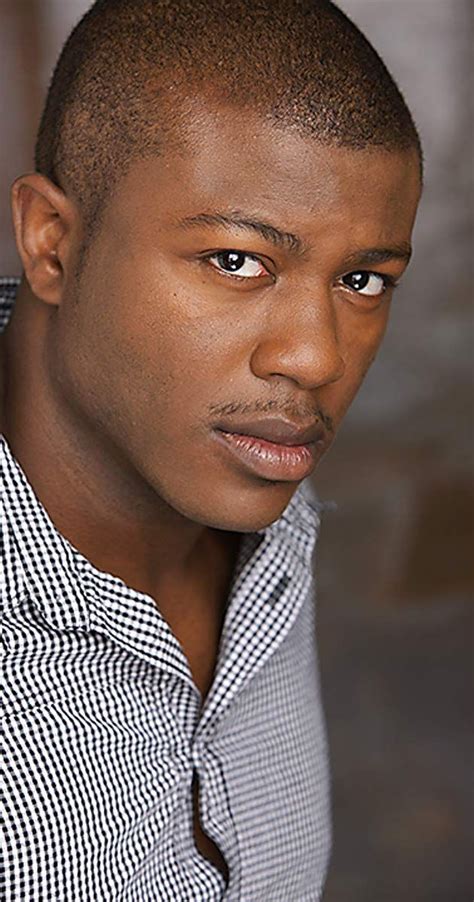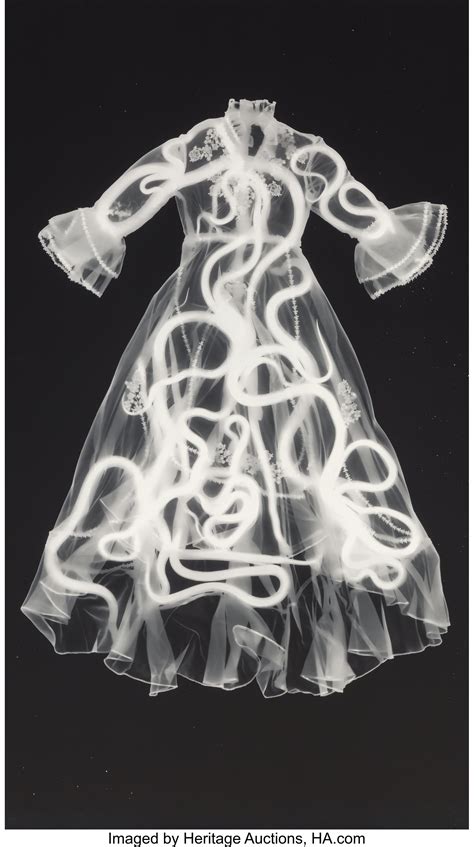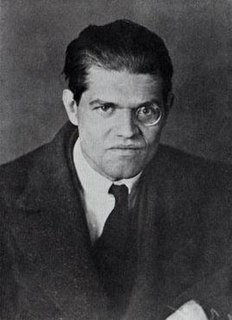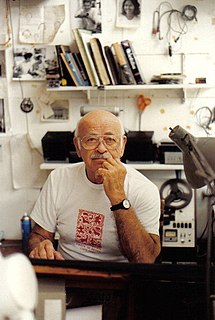A Quote by Fred Ritchin
In fact, the new malleability of the image may eventually lead to a profound undermining of photography's status as an inherently truthful pictorial form... If even a minimal confidence in photography does not survive, it is questionable whether many pictures will have meaning anymore, not only as symbols but as evidence.
Related Quotes
To know whether photography is or is not an art matters little. What is important is to distinguish between good and bad photography. By good is meant that photography which accepts all the limitations inherent in photographic technique and takes advantage of the possibilities and characteristics the medium offers. By bad photography is mean that which is done, one may say, with a kind of inferiority complex, with no appreciation of what photography itself offers: but on the contrary, recurring to all sorts of imitations.
Anthropology... has always been highly dependent upon photography... As the use of still photography - and moving pictures - has become increasingly essential as a part of anthropological methods, the need for photographers with a disciplined knowledge of anthropology and for anthropologists with training in photography has increased. We expect that in the near future sophisticated training in photography will be a requirement for all anthropologists. (1962)
I was attracted to photography because it was technical, full of gadgets, and I was obsessed with science. But at some point around fifteen or sixteen, I had a sense that photography could provide a bridge from the world of science to the world of art, or image. Photography was a means of crossing into a new place I didn't know.
I don't know that there were any rules for documentary photography. As a matter of fact, I don't think the term was even very precise. So as far as I'm concerned, the kind of photography I did in the FSA was the kind of photography I still do today, because it is based on passionate concern for the human condition. That is the basis of all the work that I do.
Press information is serious information, but press information is also manipulated by people who want you to think that this and that happened. So it's the old thing that you still cannot trust photography at all or you have to know who is distributing the photograph. In terms of cell phone photography, I think nobody cares about a photograph anymore because they're taking so many pictures just for fun.
I did all the stuff that people do - film, performance, photography, pictures and words, words and pictures. In retrospect, I was trying to find some way to put things - meaning images and forms - together that highlighted some idea of what was underneath the surface of an image, what determined how something was seen.
I collect art on a very modest scale. Most of what I have is photography because I just love it and it makes me happy and it looks good in my home. I also have a pretty big collection of art books mainly, again, on photography. A lot of photography monographs, which is great because with photography, the art itself can be reproduced quite well in book form.































